Supporting autonomous driving and brand originality while being carbon neutral and safe with new mobility methods and ecosystems that create a mobility society
Adapting Motor Insurance in Southeast Asia in the era of BEVs, ADAS, and Connected Cars

Supporting autonomous driving and brand originality while being carbon neutral and safe with new mobility methods and ecosystems that create a mobility society
There are global movements for carbon neutrality, digital technology evolution, and urbanization. These trends have pushed a new social system that goes beyond industry borders, particularly in transportation systems and energy infrastructure. The Japanese automobile industry has been urged to go beyond its past role as “providing transportation products for people and things.” It has been called on to provide new value, such as creating energy ecosystems and traffic infrastructure that links local communities. The industry has begun using DX and resolving social issues through “the popularization of autonomous driving.”
ABeam Consulting supports “brand originality” in the automobile business. This is crucial in the industry that has expanded and become diversified through CASE (Connected, Autonomous, Shared & Services, Electrification).
Adapting Motor Insurance in Southeast Asia in the era of BEVs, ADAS, and Connected Cars
Making ISO 20022 compliance more than just a regulatory requirement - The importance of “data standards and data maintenance” for companies/banks
Creating the “eternal experienced employee” with large scale language models ~Advanced utilization of failure studies and internal knowledge to prevent accidents and incidents in the manufacturing industry~
AISAN INDUSTRY CO., LTD. :Improved employee engagement through facilitating dialogue and self-directed career development in anticipation of advancing the transformation of business portfolios
Alps Alpine Co., Ltd.:Global One Instance mission critical system Promoting DX based on Globally Unified Data Platform
Transforming automobile manufacturing supply chains and development process to create new value
The axes of automotive competition is changing due to the rise of electric automobiles and the evolution of digital technology. The advance of electrification technology has lowered the barriers to enter into the automobile industry, and the axes of competition have shifted from automobile performance to user experiences. Changes in processes from planning to development and manufacturing that fuse software and hardware will significantly impact the supply chain around MBSE (Mobile Base Systems Engineering).
Rising Chinese OEM and emerging manufacturers are also having an impact. Automobile manufacturers have found it more difficult to compete and secure profits in their core business of automobile manufacturing and sales. The shift to EVs has also changed required manufacturing technology and lowered the entry barriers. This is significantly changing manufacturing bases and demands for automobiles both in developed countries and the Global South and other emerging nations, forcing companies to alter regional strategies. The business speed of emerging nations has accelerated, and companies must transform their business processes and regional strategies quickly.
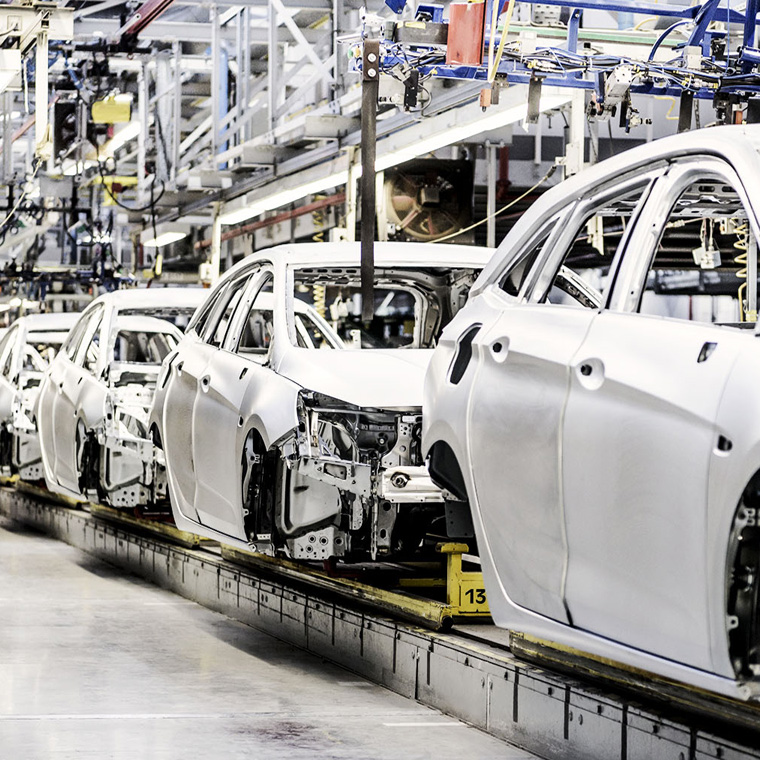
New business models that cross industries
Conventional business models centered on manufacturing and sales are approaching a turning point. The shift to battery-powered EVs has led to fewer components, increased system complexity, and greater reliance on software. This has transformed manufacturing, sales, and after-sales services, and it is becoming difficult for companies to maintain their business scale just through existing businesses. They must create new business models and develop new businesses.
However, it is extremely difficult to create new businesses and services that can meet the diversified needs of society using in-house resources alone, such as company organizations, processes, and systems which were optimized based on past industry structures. It is essential to work with other industries to create new value. Together they can create new business models and improve efficiency by digitalizing existing businesses.

Cross-industry alliances and exit strategies for mobility services in society
Diversified mobility services improve convenience and resolve lifestyle and social issues. These services are currently undergoing testing and verification. But there are many cases in which progress ends at the testing phase. Companies must design mobility services for society based on local attributes from consumer perspectives, rather than technological perspectives, and implement a profitable business model.
Other players in different industries are working together, such as railroads, real estate, trading companies, finance, energy, tourism, IT/technology, and public organizations. High-level stakeholder management will be essential to coordinate among players that have different organizational cultures and interests. It is also important to encourage leadership from governments, agencies, and municipalities. Short-term profitability is unlikely, so it is important to clarify a medium-to-long-term exit strategy that includes participation purpose, gained assets, and regional expansion.

Automobiles shift from CASE to brand originality
The automobile industry must clarify brand originality to correspond to the expansion of the business scope through CASE. Balanced portfolios and business decisions are required to strengthen existing businesses and generate new businesses.
DX transformations, carbon neutrality, safe and convenient mobility, and next-generation automobile interfaces that utilize OS and AI will be important to business portfolio transformation. Recurring business will also be important, centered on new functions and services provided for smartphone users. Companies with diversified businesses must also deliberate matters without being restrained by the status quo. This includes considering M&A and company alliances to improve efficiency, streamline tasks, and merge identities.
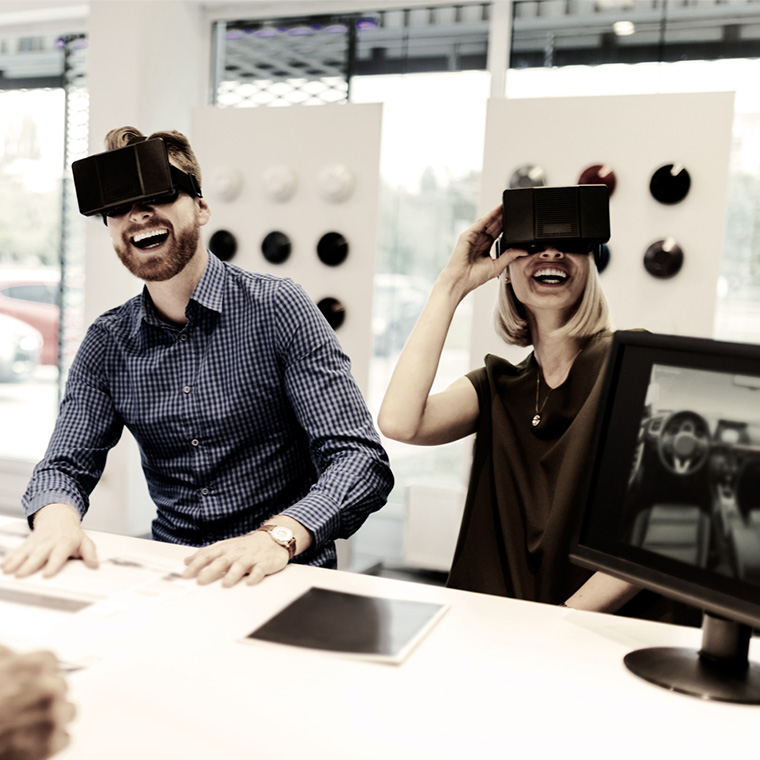
ABeam Consulting resolves company issues from a multi-directional perspective by combining expert knowledge on carbon neutrality and digital technology with knowledge of other industries.
ABeam Consulting builds a co-creation system with players across different industries and leverages knowledge and experience gained by designing services that solved user and regional problems. We generate new value with clients and diverse players and lead efforts from concept to business implementation.
ABeam Consulting aims to resolve critical issues from the perspective of stakeholders, management resources, and sustainability in response to environmental and social changes such as disasters, geopolitical risks, and labor shortages. We support company value improvements and social contributions through manufacturing DX and dynamic company transformations.
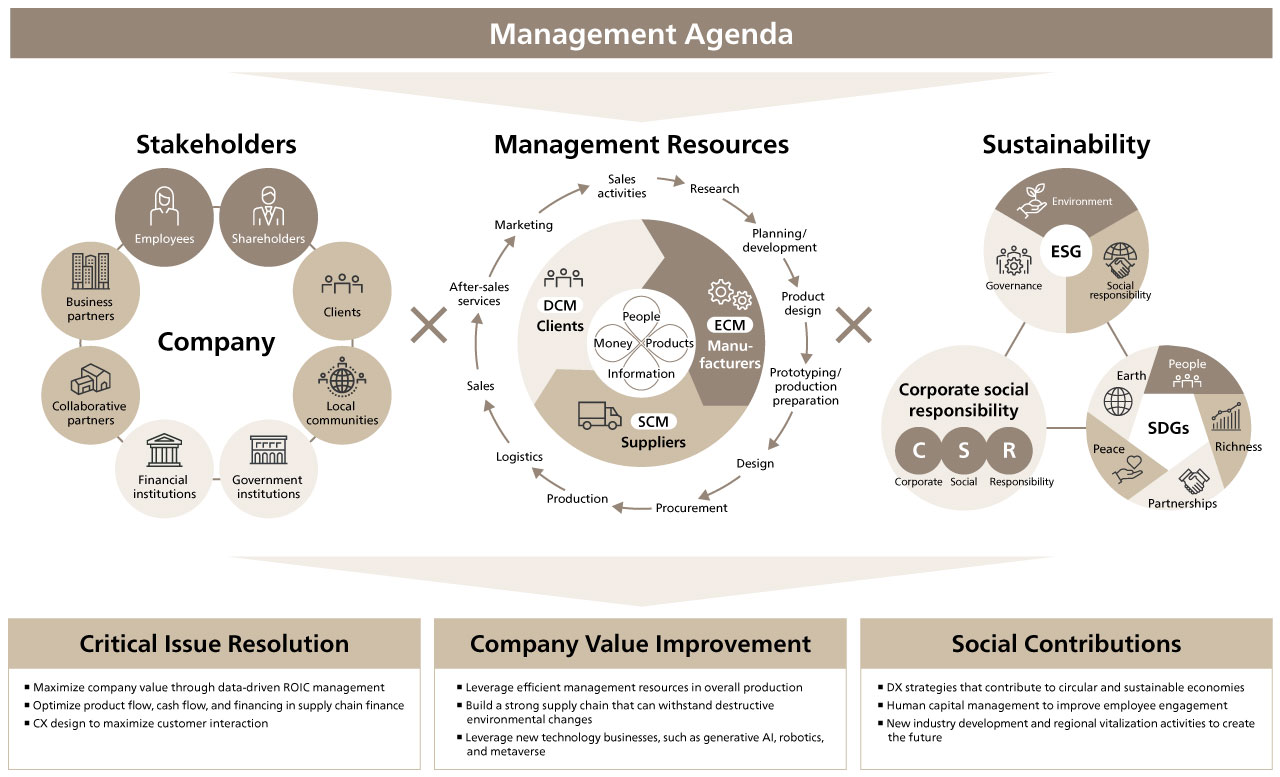
RevOps (Revenue Operations) Implementation Support Service: A Service to Drive Customer Engagement and Maximize Revenue Efficiency
Customer Experience Management (ABeam Customer Focus) (Japanese)
Customer & Sales Engagement (ABeam Customer Focus ) (Japanese)
Global Customer Service Transformation (ABeam Customer Focus ) (Japanese)
Real-time Data Driven Marketing
Marketing BPR Solution (Japanese)
Marketing Operations Assessment Service (Marketing BPR Solution) (Japanese)
Digital Marketing Training Service (Marketing BPR Solution) (Japanese)
Customer Experience Analysis Support Service (Japanese)
Integrated Sales Launch Support Service (Japanese)
Customer Touchpoint Reform Solution for Retail Facilities Using Mobile Applications to Encourage Action (Japanese)
Customer-Focused Business Model Transformation (Japanese)
Customer Experience-Focused Service Design and Growth Support Service (Japanese)
Smart Community Implementation Support Solution (Japanese)
New Business Development (Japanese)
Digital Retailing Vision against Threat of Digital Disruption (Japanese)
Business Transformation and New Business Creation Support Service by Encouraging Partnerships Between Organizations Across Industries (Japanese)
Social Impact Generation-Oriented Business Promotion Service (Japanese)
Strategy Formulation
Master Integration Solution (Japanese)
Support Service for KPI Definition and Process Improvement (Japanese)
IT Due Diligence Support Service
Business Due Diligence (Japanese)
R&D Business Process Reform and Product Development Support Service (Japanese)
Company-Wide Business Reform Proposal and Promotion Service (Japanese)
45-Day Reform Vision Support Service (Japanese)
Short-Term Indirect Materials Purchasing Cost Reduction Service (Japanese)
Supply and Demand Operation BPR (Japanese)
Supply Chain Reform Level Diagnostic Program (Japanese)
Indirect Material Cost Management Support (Japanese)
Process and Production Line Simulation Analysis Service (Japanese)
Supply Chain Redesign and Process Transformation Support Service using Digital (Japanese)
Digital Transformation Support Service in Transportation and Delivery (Japanese)
PLM Reform Support Service for Made-to-Order Manufacturers (Japanese)
Resilient and Sustainable Procurement Strategy Formulation Support Service (Japanese)
ABeam BI Analytics Service
ABeam Visual Analytics
ABeam Cloud® Predictive Warehouse Management (PWM) (Japanese)
Pricing Strategy Support Service with AI x Pricing (Japanese)
Virtual Showroom Solution
IoT Data-driven Manufacturing - Smart Manufacturing Operations -
IoT Data-driven Engineering - Smart Process Engineering -
Factory Assessment Service (Japanese)
Connected Home Appliances - Smart Products & Services -
Future Factory Design - Manufacturing DX Journey -
Sensor Concierge Data ready for smart factory
Advanced Debt Collection Solution with AI (Japanese)
Business Process Automation with Intelligent Control Tower
Support Service to formulate Robotization and Automation Vision for Logistics Center (Japanese)
Support Service to Formulate Logistics DX Vision (Japanese)
Consulting Service for AI-Driven Demand Forecasting (Japanese)
Use-case Driven Data Management
Large Language Model-Enabled New Operational Value/Customer Experience Generation Support Program (Japanese)
XAI (Explainable AI) Implementation Support Service (Japanese)
Sustainable Management Support Service
CIO Advisory Chart (Japanese)
Circular Economy Promotion Support Service (Japanese)
DX Activity Circulation Creating systems to realize continuous DX
Green Transformation (GX) Promotion Service to Achieve Carbon-Free Business Management (Japanese)
AI/Data Utilization Strategy Formulation for DX Promotion Service (Japanese)
Business Core Skills Training (Japanese)
Strategic HR Service (Japanese)
Next-Generation Business Leader Training Service (Japanese)
Digital Well-Being: Employee Well-Being × Company Performance – Next-Generation Sound Business Management Inspired by Neuroscience (Japanese)
Employee Engagement Improvement Service through Analysis and Action Cycle (Japanese)
Service to Formulate and Link Business Strategies and HR Measures to Achieve Human Capital Management (Japanese)
Service to Formulate Strategy for Dialog with Stakeholders to Promote Human Capital Management (Japanese)
Corporate Governance Reform Service (Japanese)
ESG Support Service for Chinese Market (Japanese)
Digital ESG Data Analytics to Achieve Integrated ESG Business Management (Japanese)
Connected Enterprise® for Digital ESG
Corporate Transformation Support Focused on Sustainability-Oriented Management (Japanese)
AISAN INDUSTRY CO., LTD.
Improved employee engagement through facilitating dialogue and self-directed career development in anticipation of advancing the transformation of business portfolios
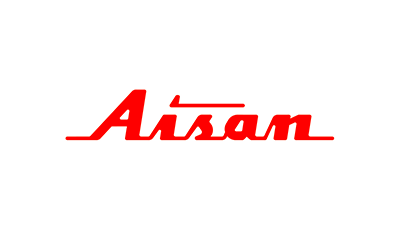
Alps Alpine Co., Ltd.
Global One Instance mission critical system Promoting DX based on Globally Unified Data Platform
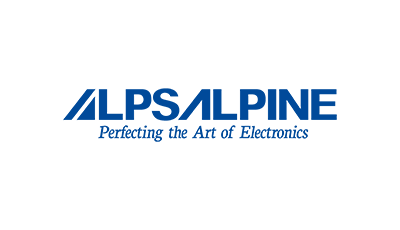
Click here for inquiries and consultations